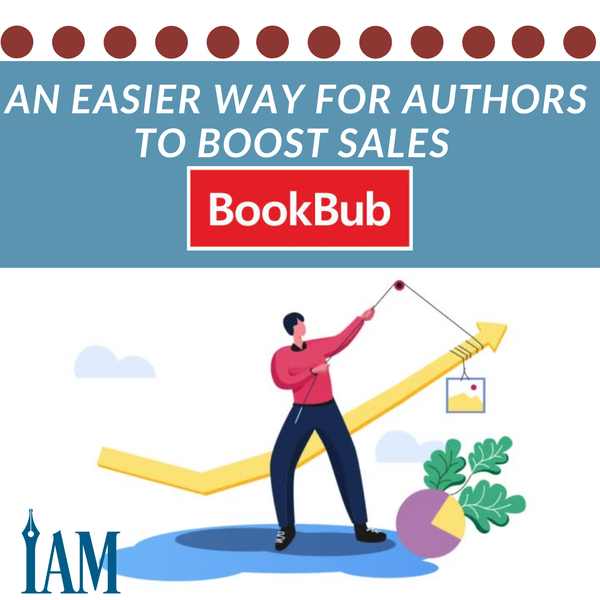There are many people who don’t make it in this industry. Many, if not most, fall by the wayside because they give up, not because they cannot succeed. Yes, I made it, but that is only because I refused to be beaten as I climbed the mountain.
When I published my first book, it was poorly edited, had a terrible cover I’d bought for $20, and contained at least a thousand words of unnecessary fluff. Consequently, the first review on Amazon.com was a one-star howler, and that was enough to bury the book. No one bought it. I couldn’t even give it away.
That same book spent a good portion of last year in the number one spot for its genre on Amazon.com. I rewrote chunks of it. I changed the cover and spent some money. The version readers get now is essentially the same story except the manuscript is slicker, error-free, and looks like a professionally produced book.
The point I want you to take away is that if you have published and you are yet to see success, you will not get there if you allow the journey to beat you. It would have been very easy for me to accept defeat and believe I didn’t have what it took to be a commercially successful writer.
A friend of mine wrote fifty—yes, fifty—books before she found the success her words deserved. Her journey serves as a rather extreme example of refusing to be beaten, but there are very few examples of authors, especially indies, who achieve worthwhile sales with their first book or even their first few books.
In fact, if you were to take a sample of the indie authors out there making seven figures a year, I believe you would learn that most had ten books or more published and a couple of years in the game before the money started to come their way.
But what if you have been at this for a decade and still cannot get your books to sell? You may question whether the barrier to success is your ability to write, and it’s possible you are right. However, my experience has been that for most writers, the obstacle lies outside the words inside the book.
This should be received as good news.
Covers, blurbs, and even marketing and advertising are areas where you can make easy changes or hire someone to make them for you. Advice is available for free—when you seek it, just make sure you get it from unbiased sources. This may seem obvious, yet it is easier, not to mention more comforting, to get advice from those people around us who will tell us what we want to hear.
This happens all too often with our manuscripts—the people reading them are too close to us to give the feedback we need to hear. But if you look for beta readers who will give honest feedback, you will find them. Additionally, if your writing lacks a certain punch or flow, there are craft books to help you, developmental editors you can hire, and the good old expedient of practice.
Don’t give up because you are yet to see success. Analyze where you need to improve, and learn the skills, marketing, writing, or otherwise, that will make your books sell.
Steve Higgs








